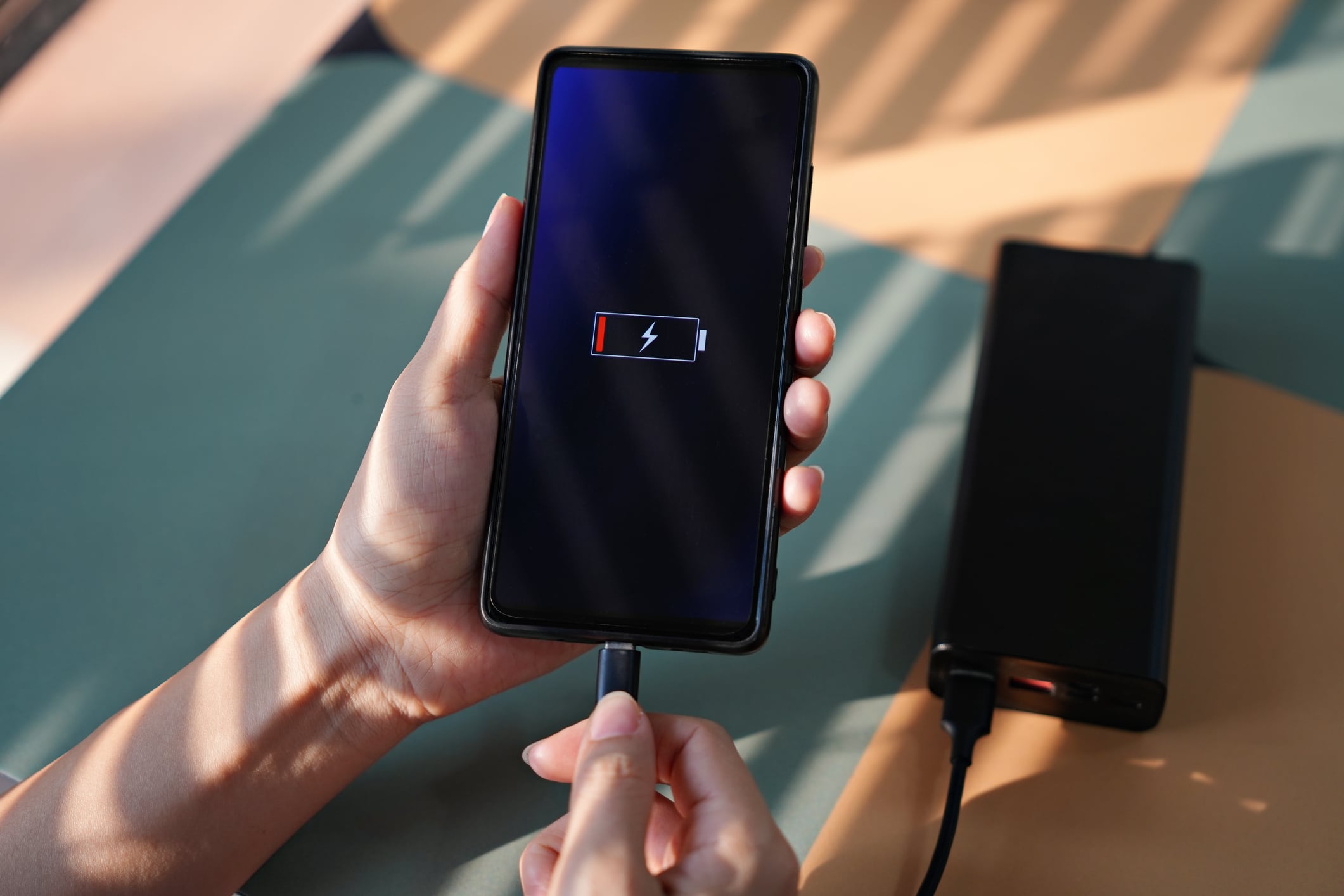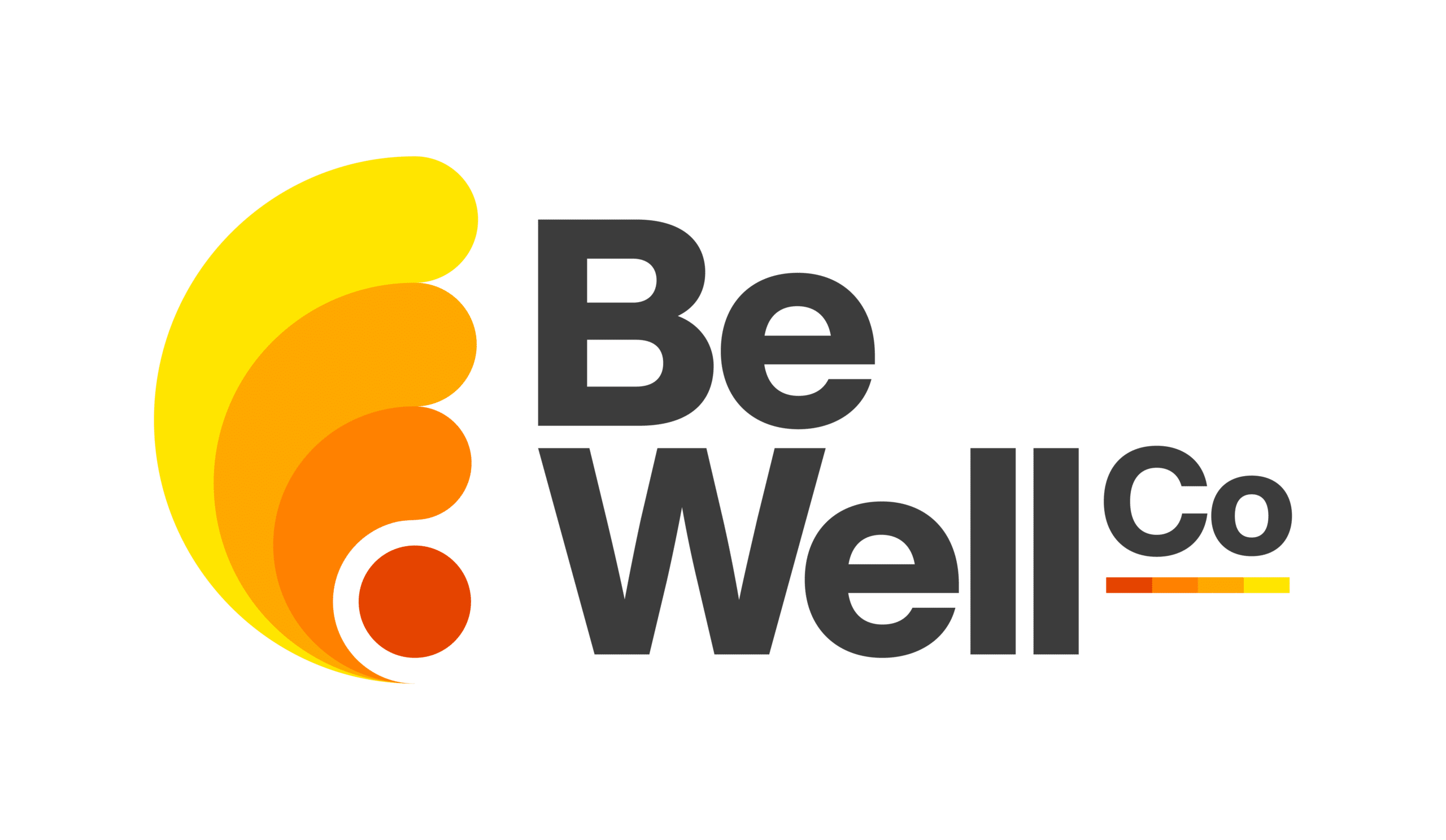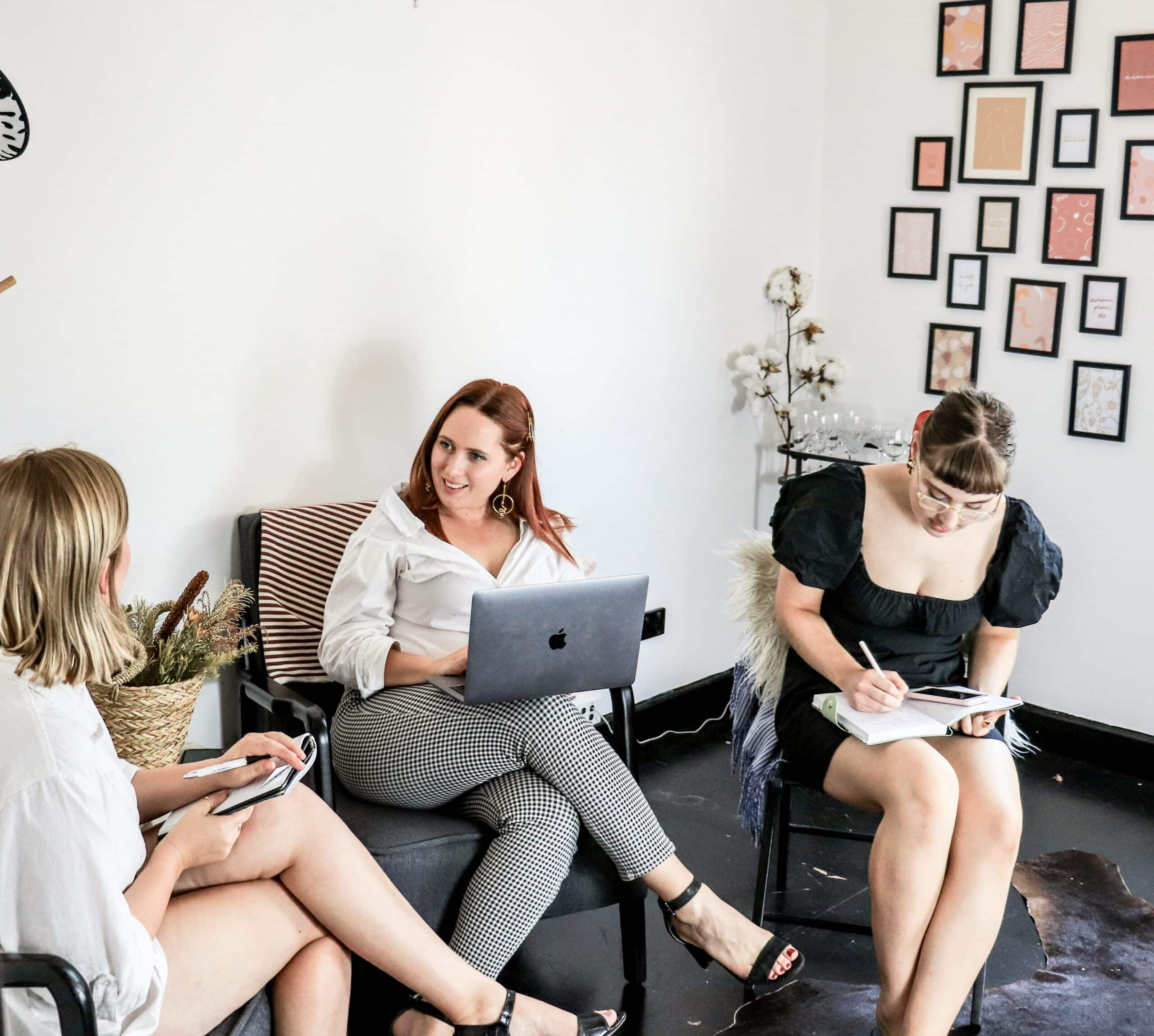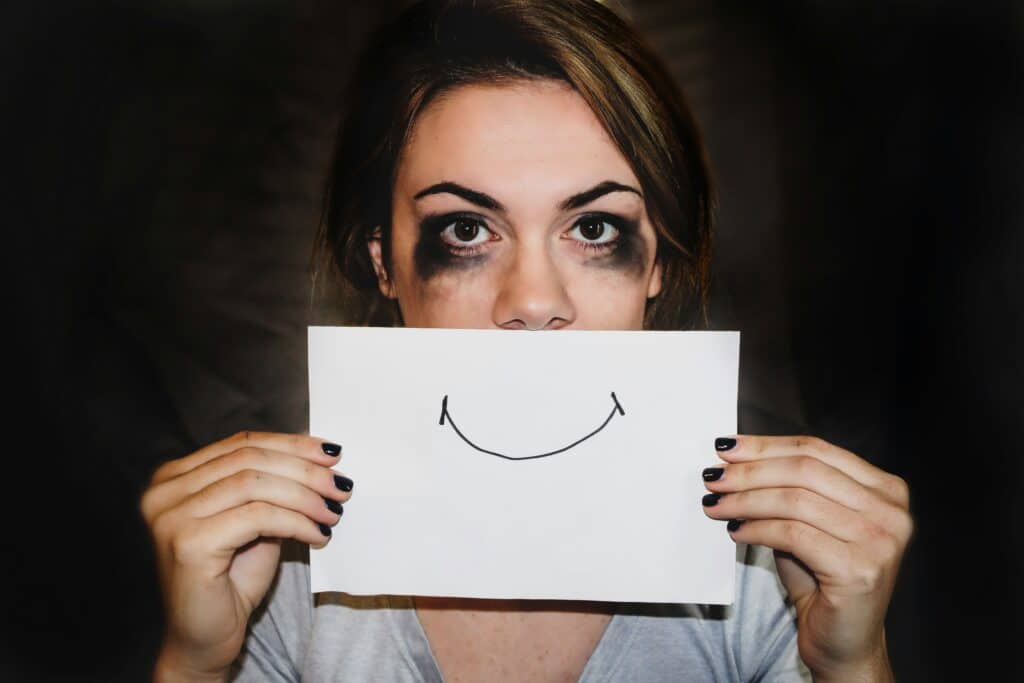At Be Well Co, we recognise that there can be differences between assigned sex and gender identity expression. Our services aim to be an open and welcome environment for everyone.
More Than a Day: Supporting Women’s Wellbeing Every Day
March 8th marks International Women’s Day. This day is an opportunity to celebrate the social, cultural, economic, and political achievements of women globally. It’s also a time to reflect on what still needs to change to achieve true equality and how this impacts Be Well Co’s goal of making people feel and become the best version of themselves.
While women’s rights have come far in the last few decades, there is still a long way to go. At Be Well Co, we recognise the importance of women’s rights to safety, autonomy and opportunity as being essential for mental health and wellbeing, and something we all need to work towards. Women’s rights are human rights.
Women’s Mental Health and Wellbeing
Wellbeing is defined as a state where we view ourselves and our lives positively, where we feel well and can function fully. It means having meaningful connection with others, a sense of purpose, experiencing feelings of optimism among others. It’s impacted by the challenges we face, our environments, and experiences, cultural background and behaviours.
The way wellbeing is experienced is influenced by one’s gender. For women for example:
- Being able to view themselves positively can be difficult, when there are differing views of women’s value in our society, and this does not match personal expectations.
- Meaningful connections are lost when women are victims of domestic violence, sexual abuse, and other areas like coercive control. When they feel unsafe or lack control or agency.
- Their sense of self-worth is hindered when they struggle with career growth and reaching executive leadership positions, while a lot of the extra unpaid work they do in the personal sphere is not met with much validation or acknowledgement
While there are not much differences when it comes to the mental wellbeing of women and men – as our latest report for example demonstrated – women do experience more clinical mental health conditions. Mental health difficulties experienced by girls and women have increased in recent years, with rising rates of anxiety, depression, self-doubt, and burnout. Women are:
- more likely to experience fear and anxiety than men.
- more likely to (need to) seek treatment for emotional difficulties.
- more likely than men to experience the highly negative consequences of eating disorders.
- more likely than men to experience post traumatic stress disorder and traumatic distress.
- Women from ethnic minorities are more likely to experience mental health distress than white women and are less likely to access mental health services.
The “Mental” (and Physical) Load of Combining Work and Home Life
Seen some of the social media posts on the ‘mental load’? It refers to the often invisible and ongoing cognitive and emotional effort required to manage work, relationships, family, and a household. While the concept is not without controversy, it points to a struggle that many women experience or recognise themselves in. Women take on the majority of tasks in the household, in addition to taking on more of the caring role for children. For many women it feels that their entire day -before, during and after work – consists of planning, organising, remembering, and delegating tasks. This continuous load can leave women feeling burned out, stressed, and overwhelmed. It can limit their freedoms, stop them from engaging in activities they love, and impact their mental and physical health.
How Can We Support Women?
We have come a long way when it comes to women’s rights and how they are valued. In 1911, equal pay was nowhere on the radar, reproductive rights didn’t exist, and a mere 8 countries allowed women to vote. Today, women lead countries, run corporations, and have rights. Women graduate at higher rates, attain more post-graduate degrees, and are starting to take up a higher percentage in (junior) leadership positions. We are moving in the right direction, but to truly achieve gender equality and to create a world where women feel safe, valued and empowered, more action is still needed.
- Educate yourself and raise awareness: learn about the challenges women face, from gender pay gaps to reproductive rights. Listen to women and hear their perspectives and lived experience.
- Ask questions or speak up when you see inequality: Challenge stereotypes that confine women to certain roles or expectations. speak up against bias or stereotyping in the workplace or social settings
- Celebrate women’s achievements and increase representation in leadership, decision-making, and public spaces. Encourage and celebrate professional ambition and the successes of women, while extending the same to women who choose to prioritise their personal life over a professional career.
- Learn the signs of domestic abuse, workplace discrimination, and mental health struggles: ask if people need help, learn where to refer them (see below)
The Power of Community
Coming together as a community has been cited as transformative to empower women and improve their wellbeing. Women’s friendships and support networks play a protective role in mental health, helping them process experiences, challenge unjust systems, and celebrate resilience. Being heard, sharing stories, and lifting each other up creates collective strength.
This International Women’s Day let’s celebrate how far we’ve come and commit to pushing for a future where every woman feels safe, valued, and free.
See further reading & resources here.
Author: Esme Fabry Knowledge and Translational Specialist at Be Well Co, Registered Psychologist
Want to Read More?
 Languishing
Languishing
Languishing vs Burnout
What’s the Difference? We’ve all heard of burnout. It’s the feeling of being overwhelmed, exhausted, and emotionally drained, especially at work. Since the pandemic, another term has been talked about more, and it’s the… 01 Jul 2025 4min read Languishing
Languishing
The Silent Struggle Behind “Quiet Quitting”
New Data Shows Presenteeism and Languishing Are Costing Australian Workplaces You’ve likely heard the term quiet quitting—employees doing the bare minimum, disconnected from their work, emotionally flat, and no longer striving to grow or… 16 Jun 2025 4min read Pop Culture
Pop Culture





